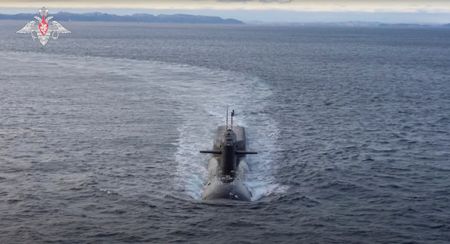
Is “Nuclear-Attack Threat” an Effective Weapon?

Vladimir Putin and many other Russian officials, politicians, and pro-Russia analysts have repeatedly threatened to use nuclear weapons since the beginning of the Russia-Ukraine war. Particularly following the commencement of the Russia-Ukraine Conflict on February 24, 2022, the discussion of Russia’s nuclear strategy has intensified on a global level.
Why is Kremlin threatening to use nukes?
Russia’s nuclear modernization initiatives, along with an increase in the volume and scope of military drills and occasional explicit nuclear threats against other nations, add to international uncertainty regarding its long-term intentions and the nature of its nuclear strategy. These worries in turn drive up defence spending, nuclear modernization initiatives, and political opposition to further nuclear weapons reductions in Western Europe and the US.
Since Mr. Putin recently claimed that he was serious, “not bluffing” when he said Russia was ready to use nuclear weapons to defend its territory, fears of nuclear war have increased. Western analysts believe that Mr. Putin may use nuclear options to defend his shrinking territorial gains in Ukraine, or he may retaliate in response to unrestricted military assistance provided to Ukraine by NATO nations, or too harsh economic sanctions that would cripple the Russian banking system and the Russian economy.
Russian Use of Nuclear Solutions is Improbable
“But none of the pointers from the Russia-Ukraine Conflict is indicating that a nuclear attack by Russia is imminent”, Maxim Starchak, an expert on Russia’s nuclear policy and a Fellow at the Center for International and Defence Policy of the Queen’s University in Canada, said. He opines that Putin’s decision to announce a call-up, likely indicates how unlikely he is to carry out a nuclear attack. According to Starchak, “Putin is saying that he’ll use manpower [rather than nuclear weapons] to solve his problems in Ukraine by choosing mobilisation”.
“The Basic Principles of State Policy of the Russian Federation on Nuclear Deterrence” was updated and approved by President Putin in June 2020. “The Russian Federation only views nuclear weapons as a deterrent.” The policy outlines four scenarios in which Russia could use nuclear weapons:
- “Arrival of reliable data on a launch of ballistic missiles attacking the territory of the Russian Federation and/or its allies;”
- “Use of nuclear weapons or other types of weapons of mass destruction by an adversary against the Russian Federation and/or its allies;”
- “Attack by an adversary against critical governmental or military sites of the Russian Federation, whose disruption would undercut nuclear forces response actions;”
- “Aggression against the Russian Federation with the use of conventional weapons when the very existence of the state is in jeopardy”
In accordance with Russia’s nuclear doctrine, Putin shouldn’t possess nuclear weapons. In principle, they can only be used if conventional weapons are used on Russian soil and there is a threat to the survival of the Russian state. But fortunately, none of these conditions currently apply. In the conflict with Ukraine, the scenario of opting for Nukes by Russia is essentially not possible.
There is no justification for Mr. Putin to make use of nuclear weapons as Russia’s security from an existential perspective is not in danger. In Mr. Putin’s opinion, the threat of using nuclear weapons “is more valuable than if he actually uses them”, said General Erik Kristofferson, the head of Norway’s armed forces.
The Russian government has also made hints that nuclear weapons might be used. The traditional deterrence equation may become unstable due to the evolving nature of nuclear weapons, which raises more plausible scenarios than those that nuclear strategists and military theorists had anticipated during the Cold War. This concern is not just rhetorical; it is based on actual concerns.
Russia and other nuclear-armed nations have long made investments in “tactical” nuclear weapons, which are meant to be used on the battlefield in a time of war rather than on long-range missiles aimed at the other nuclear-armed nations.
Is Putin left with no options?
Has a seasoned leader like Putin really run out of options and had to resort to using nuclear weapons? Russian President Putin has diplomatically maintained his aggressive stance while managing the military complexities of the conflict.
If things escalated even further, Russia would likely take additional measures before launching a nuclear attack. With the conventional approach, using high-precision weapons is one step down from using nuclear weapons. Precision-guided munitions are viewed as an alternative to any basic low-capacity nuclear weapons. Using highly precise non-nuclear weapons, Russia could attack sensitive targets, like – vital Head Quarters, Command and control centers, in Kyiv.
Especially regarding Russia’s stockpile of about 2,000 small tactical weapons, senior American officials claim they have not observed any evidence that Mr. Putin is moving any of his nuclear assets. A moderate military response from NATO is unlikely to lead to a global conflict.
Although there has been no conclusive evidence that Mr. Putin’s nuclear forces activated the alert when Putin requested it in late February, still speculations for use of nuclear is hot. These speculations are too theoretical and still are the subject of concern for NATO and other countries.
Mr. Putin probably appreciates the pros and cons of the use of nuclear weapons, which, in principle, should be sufficient to act as a deterrent. There are a few, although slim, chances that President Putin’s trustworthy advisors may prevent him from employing tactical nuclear weapons on Ukraine.
Conclusion
As the country’s gateway to the West and an essential component of the security buffer between Russia and Western Europe, Ukraine holds a crucial geostrategic position for Russia. However, it’s not possible to foresee how things will turn out, but it is difficult to imagine Mr. Putin giving in without some face-saving Western concessions.
According to deterrence theory, a rational Putin would not attack a country with several nuclear allies posturing an offensive, for fear of retaliation, but neither will NATO countries support their nuclear capable member countries to retaliate, for Ukraine, which is not a member of NATO. Nevertheless, the posturing may continue for diplomatic gains.
***********
Disclaimer
The opinions expressed in this article are the author’s own and do not reflect the views of Chanakya Forum. All information provided in this article including timeliness, completeness, accuracy, suitability or validity of information referenced therein, is the sole responsibility of the author. www.chanakyaforum.com does not assume any responsibility for the same.
Chanakya Forum is now on . Click here to join our channel (@ChanakyaForum) and stay updated with the latest headlines and articles.
Important
We work round the clock to bring you the finest articles and updates from around the world. There is a team that works tirelessly to ensure that you have a seamless reading experience. But all this costs money. Please support us so that we keep doing what we do best. Happy Reading
Support Us







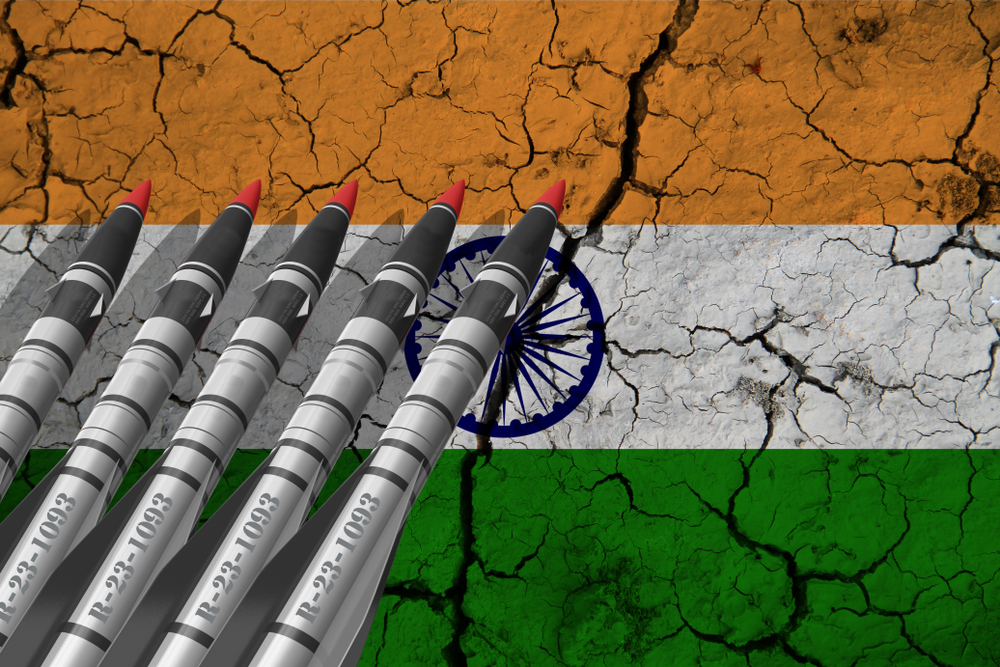
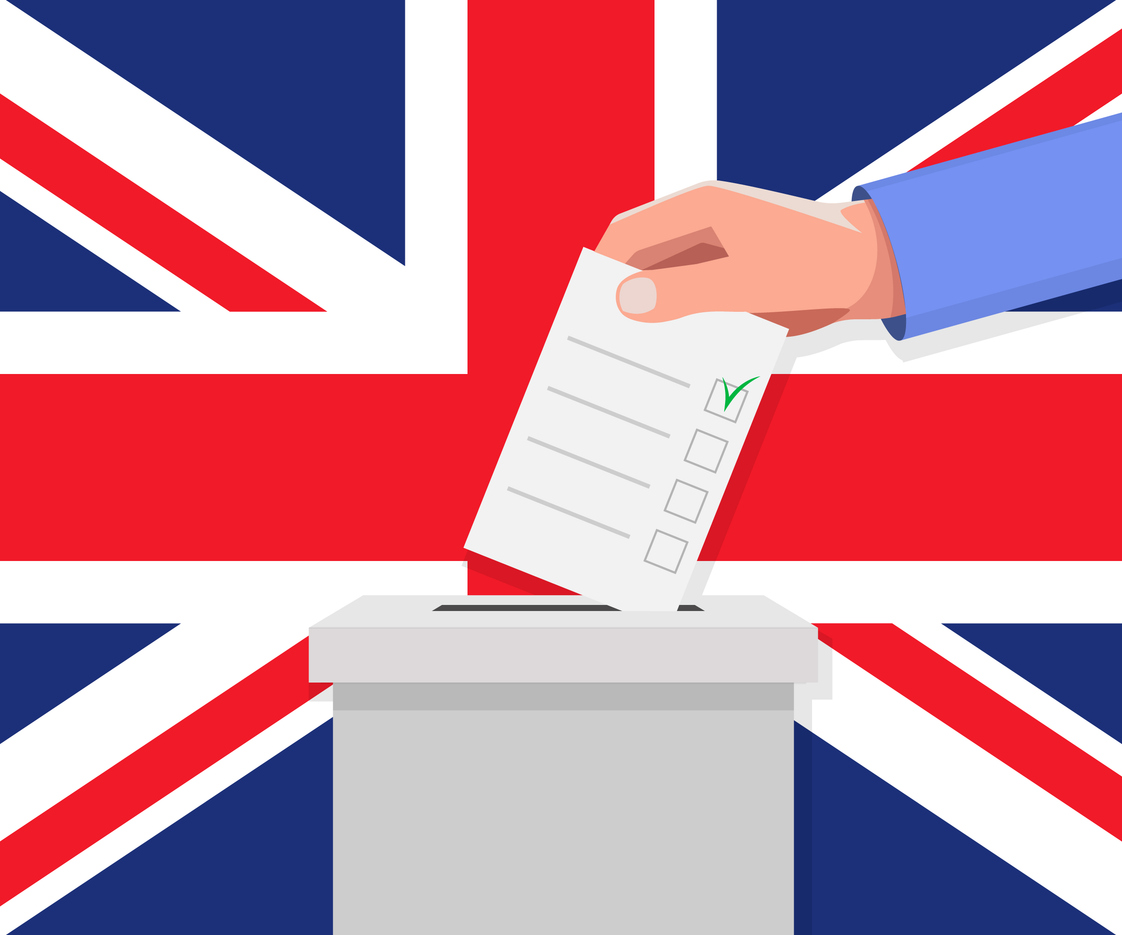
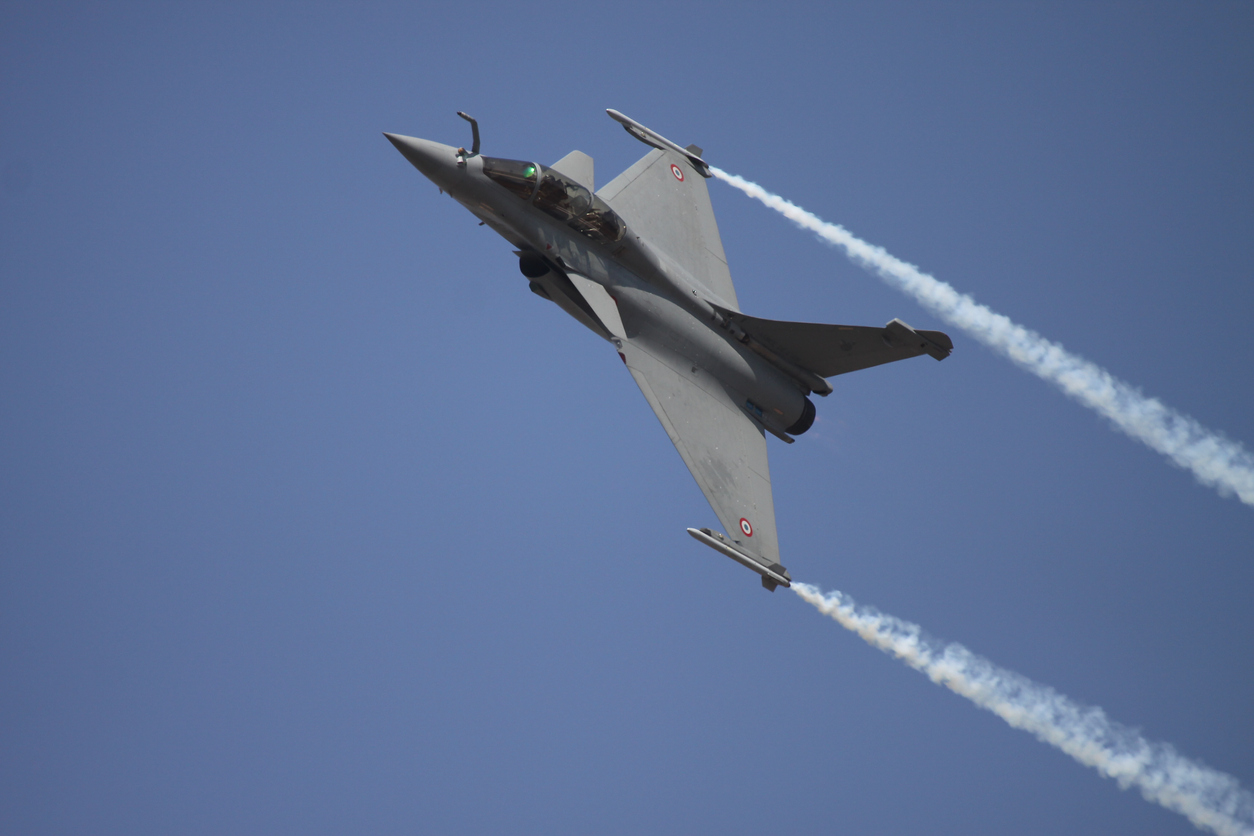
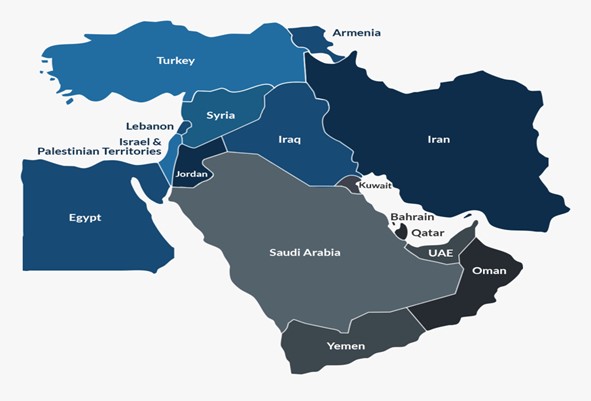

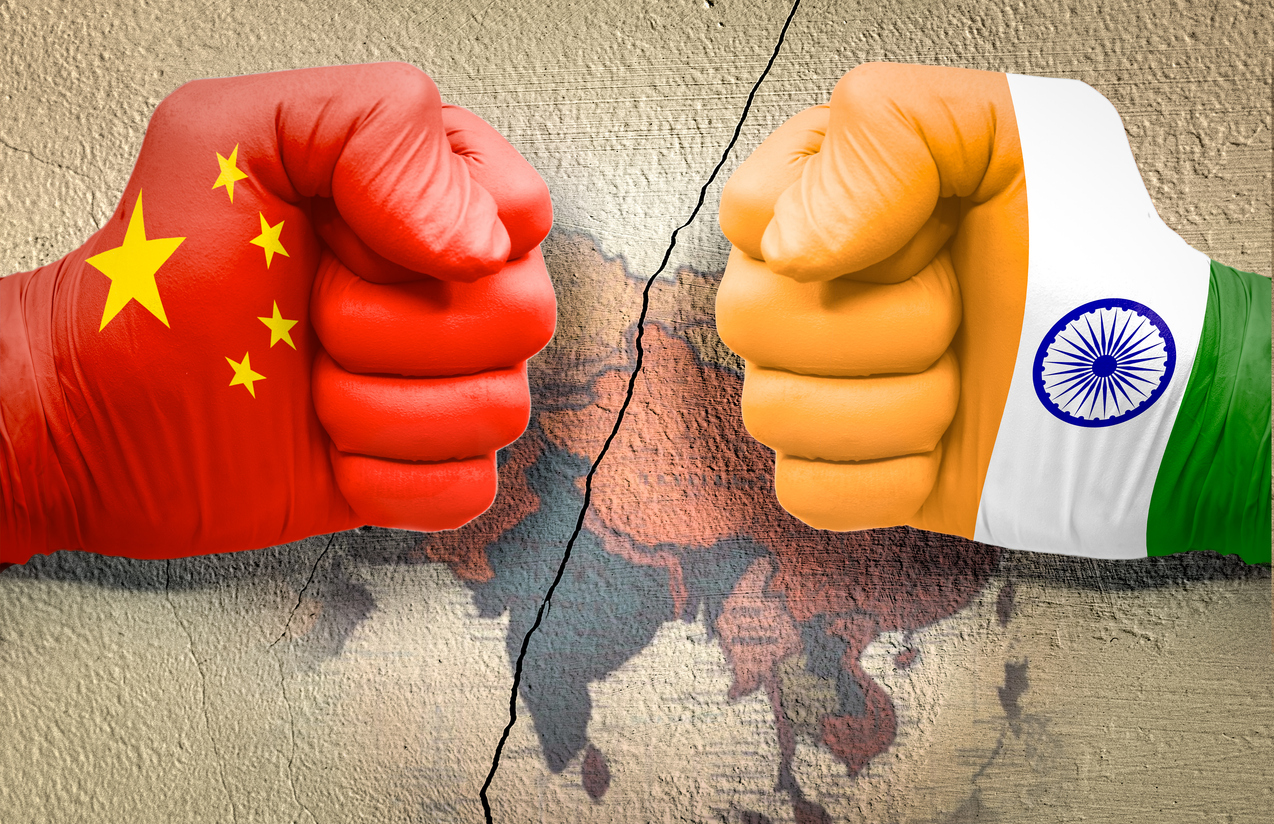
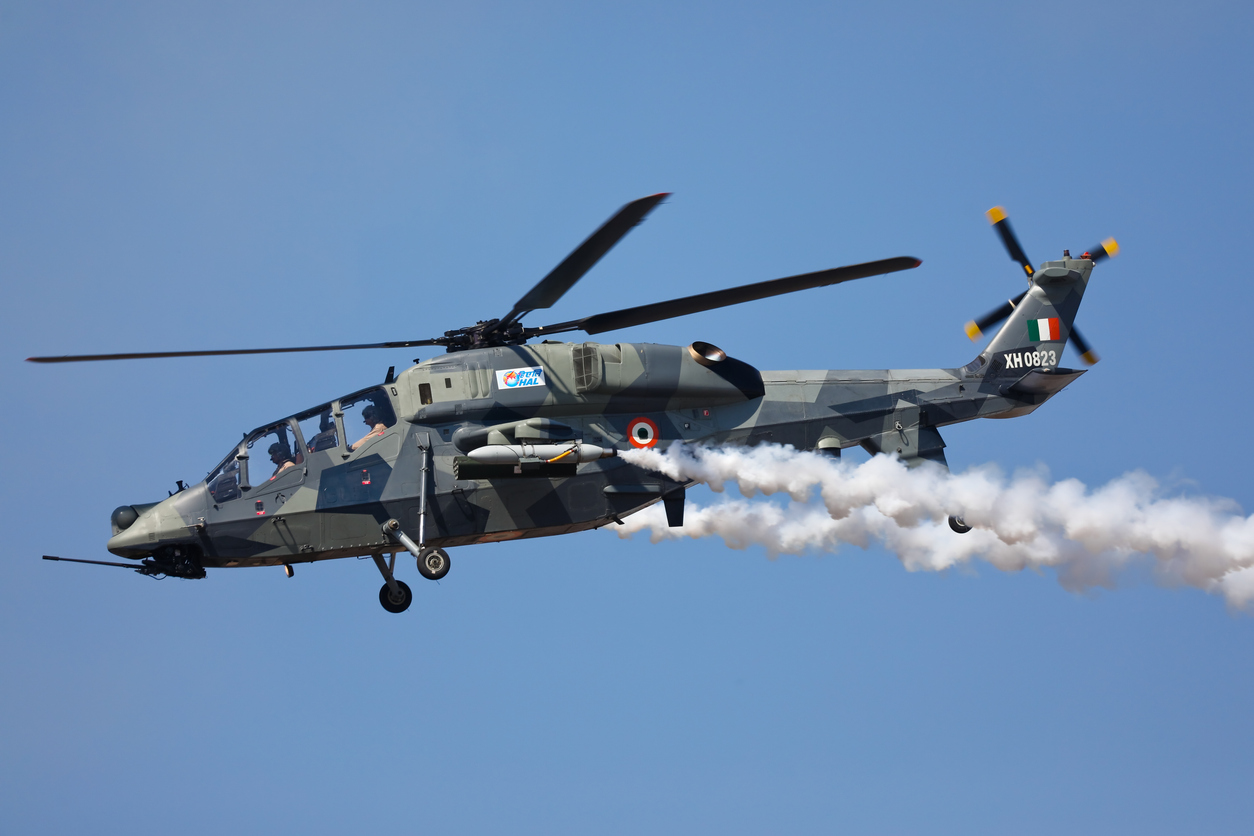
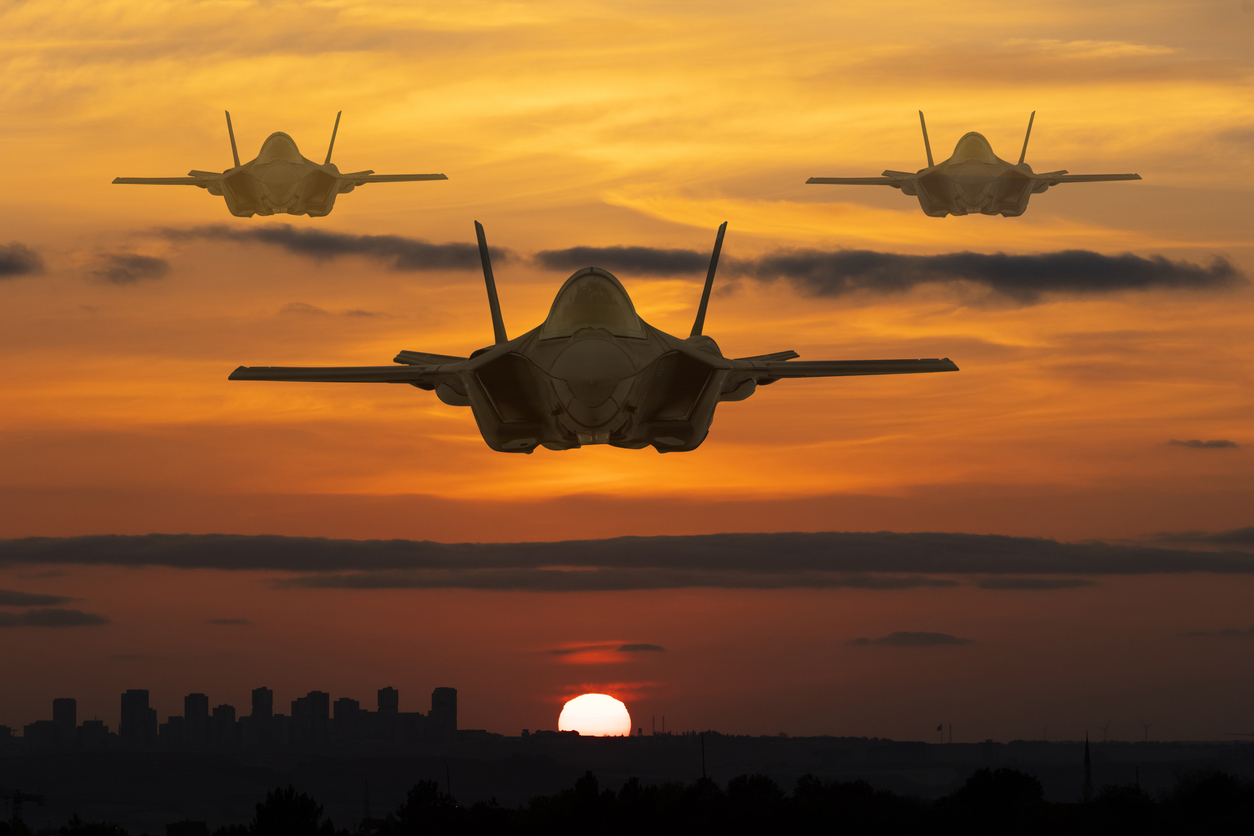






POST COMMENTS (0)